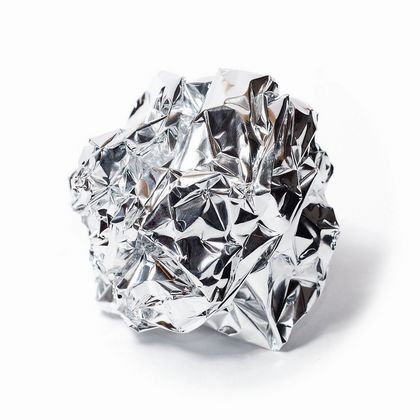The figures are heady. The new multinational, United company rusal, will produce 4 million tons of aluminum per year, which now puts the previous world leader, American firm Alcoa, in second place on the aluminum market. The moscow-based company resulted from a merger between the aluminum activities of Glencore, a swiss company which deals in raw materials, and russian firms rusal and sual. The new behemoth employs a total of 110, 000 people in 17 countries. it has clients in 70 countries spread over five continents. The turnover of the three companies combined reaches Us$ 12 billion.
“A major impact on our industry.” “This agreement will have a major impact on our industry. it’s a market which is experiencing dramatic growth, greater competition and increasing consolidation,” said Alexander bulygin, the chief Executive officer (cEo) of rusal and brian Gilbertson, cEo of sual, in a press release.
For his part, ivan Glasenberg, cEo of Glencore, said, “we are pleased to join forces with rusal and sual in this exciting new venture. we believe that this agreement provides us with a unique opportunity to become a part of an integrated and well-balanced aluminum corporation.” In the new corporate structure of United company rusal, bulygin has become the cEo and Gilbertson the president of the administrative council, which comprises six representatives from rusal, two from sual, one from Glencore, and two independents. There are no Glencore managers in the upper hierarchy.
Rusal is the main owner of United company rusal, with a 66% stake, while sual and Glencore hold 22% and 12% respectively.
There are plans to float company shares on the london stock Exchange by 2009. The initial public offering will help finance further acquisitions and company development.
“it is extremely difficult to achieve global leadership in today’s highly competitive environment,” said bulygin and Gilbertson. This explains management’s eagerness to see the deal settled as soon as possible, with a date set at 1 April 2007. it will take a minimum of six months to obtain the necessary authorizations from antitrust officials.
The merger’s effect on jobs remains uncertain.
Priority objectives, at least, make no mention of job cuts to lower costs. what’s more management predicts growth opportunities will open up new positions.
Complementary activities The three partners are pleased with their complementarity: rusal is bringing hi-tech expertise and know-how in primary production of aluminum; sual has surplus refining capacity in the Urals; and Glencore is sharing its broad experience in raw materials trading.
United company rusal is said to have designs in the energy sector, a rumour management has confirmed. Access to cheap resources is, indeed, a key advantage in this industry, which uses vast amounts of electricity. The new company already has plans for hydroelectric power plants in russia and the commonwealth of independent states.
future investments are set to grow in this sector.
To bulygin and Gilbertson, the merger represents an historic milestone on a global scale.
“we are witnessing events that will change the entire landscape of the international metals and mining industry,” they said.
A Russian top business man behind the merger The president of sual’s administrative council, Viktor Vekselberg, is also part owner of this company through his asset management company renova. This firm became known in switzerland for having invested chf 70 million in the real estate company Zublin. And this year it acquired a 10% share in the technological group oc oerlikon – previously Unaxis – for some chf 680 million. The raw materials and oil magnate, vekselberg, is known as one of russia’s richest men, with a personal fortune estimated at Us$ 10 billion.
he is also famous for his project to repatriate the fabergé eggs to russia. he bought the forbes fabergé collection of imperial eggs in 2006.













